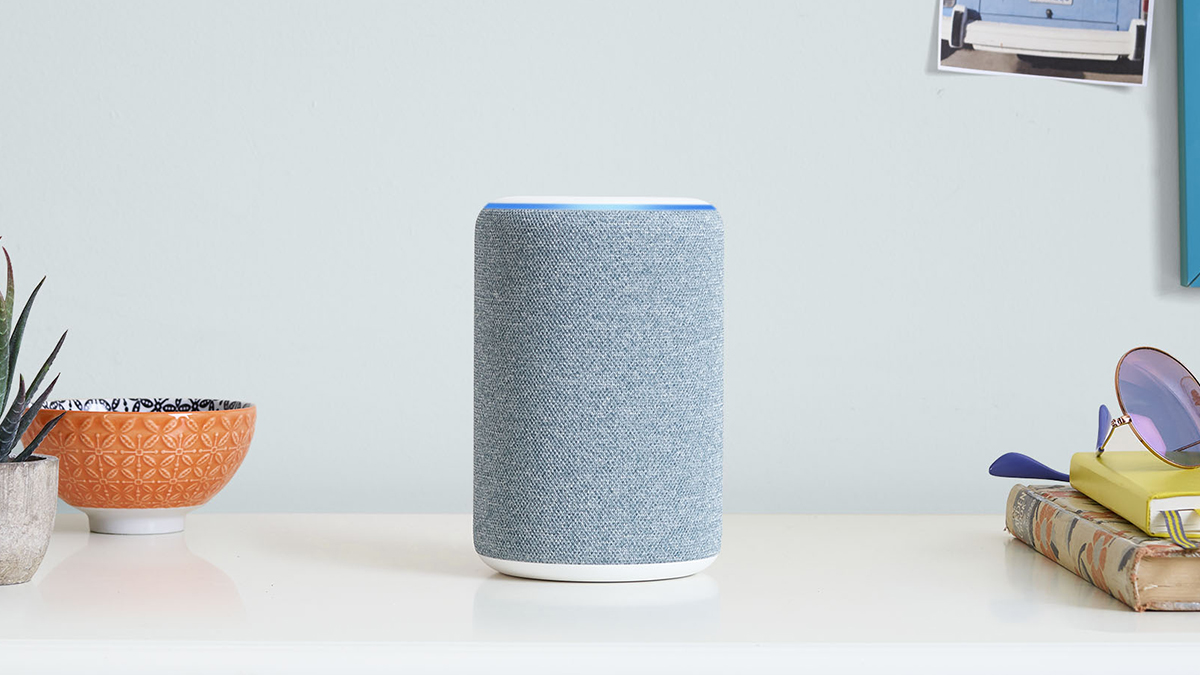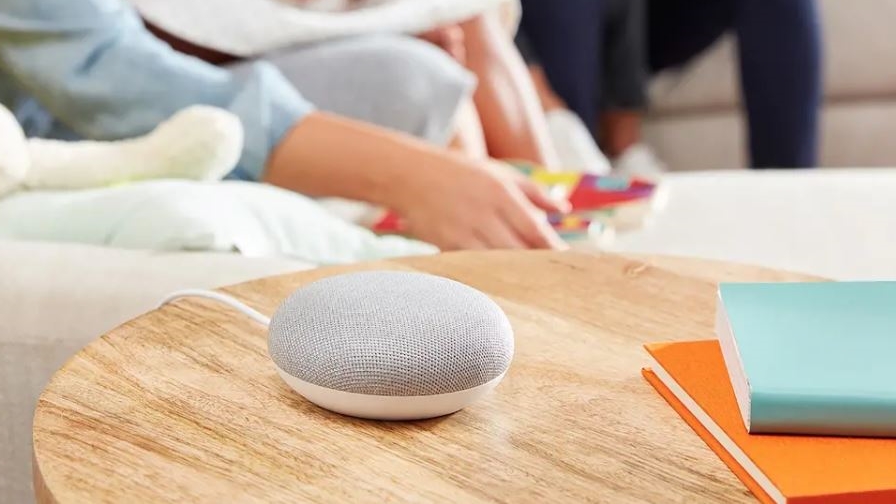Your smart speaker could be listening in on your conversations by accident
Alexa, can I have some privacy please?

Is your smart speaker listening in on your private conversations? It's possible. A study carried out by researchers at Northeastern University and Imperial College London has found that some speakers, powered by super-intelligent voice assistants like Alexa, Google Assistant, Siri and Cortana, can activate by mistake up to 19 times a day.
How is this possible? Well, it seems that it's all down to simple case of voice assistants mishearing their wake words.
- The best smart speakers of 2020
- Amazon Echo vs Google Home: which is best for you?
- Read our Apple HomePod review
The voice assistants built into these smart speakers are made to activate upon hearing their 'wake word' or phrase. For example, you can say 'OK Google' to activate your Google Assistant speaker, or 'Alexa' to summon Amazon's virtual assistant.
The researchers found that smart speakers, including the first-gen Google Home Mini, the Apple HomePod, Amazon’s second- and third-gen Echo Dot, and the Harman Kardon Invoke, were routinely activated by words other than their dedicated wake words, and as result, listening in for as long as 43 seconds.
'Pants on'
They did this by simulating real-world conditions, so played the smart speakers 125 hours of audio from various Netflix shows, including The Office, The Big Bang Therory, and Narcos (though, hopefully your day-to-day life isn't quite like the latter).
By recording video feeds of the speakers to detect whether their lights were activated and by monitoring the network to see if they were any data was being sent to the cloud, the researchers were able to see when the smart speakers were recording.
They found that, on average, the smart speakers would activate up to 19 times a day, with the Apple HomePod being the worst culprit. Speech that started with a 'Hi' or 'Hey', followed by an 'S' and a vowel, or speech that sounded like 'ri' were usually behind the mistaken activations. Examples of speech that mistakenly activated Siri included 'he clearly', 'hey, sorry', 'I'm sorry', and even 'historians'.
Get daily insight, inspiration and deals in your inbox
Sign up for breaking news, reviews, opinion, top tech deals, and more.
While the Echo Dot woke the least times during the study, Alexa was activated by the phrase 'my pants on' – which could prove embarrassing in certain situations.

These activations weren't consistent, however, so don't expect to wake up your Amazon Echo by discussing your trousers. Only 8.44% of the activations occurred consistently across 75% of the tests, which the researchers said "could be due to some randomness in the way smart speakers detect wake words, or the smart speakers may learn from previous mistakes and change the way they detect wake words".
For now, the methods that artificially intelligent voice assistants use to learn and adapt their behavior is little understood by all except the companies that create them – but it's encouraging to think that our smart speakers are constantly adapting and getter smarter as a result.
Another piece of encouraging news? The researchers found no evidence to suggest that these smart speakers are constantly listening in on us, only activating when they perceived a wake word (even if they weren't always accurate).
If you're concerned about accidentally waking your smart speaker, many models do come with the ability to mute their inbuilt microphones. Amazon Echo and Google Home and Nest speakers have a dedicated button, while many smart displays come with a physical camera slider to block the camera from recording.
Via Naked Security
Olivia was previously TechRadar's Senior Editor - Home Entertainment, covering everything from headphones to TVs. Based in London, she's a popular music graduate who worked in the music industry before finding her calling in journalism. She's previously been interviewed on BBC Radio 5 Live on the subject of multi-room audio, chaired panel discussions on diversity in music festival lineups, and her bylines include T3, Stereoboard, What to Watch, Top Ten Reviews, Creative Bloq, and Croco Magazine. Olivia now has a career in PR.
